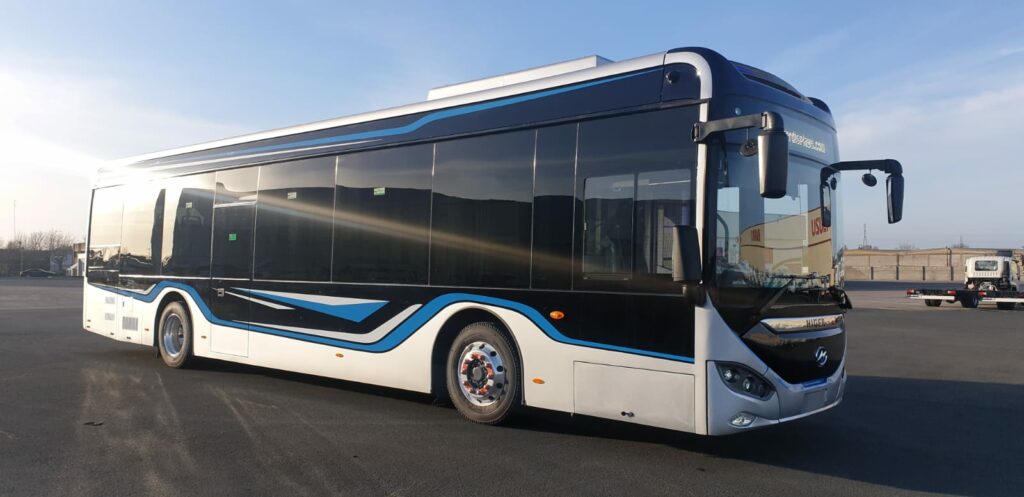The general difficulty in attracting and retaining PSV drivers shows little sign of abating. But recent work carried out by the UK Coach Operators Association (UKCOA) has demonstrated how in that sector, there is actually no universal, industry-wide driver shortage. Indeed, UKCOA’s overarching finding is that there is no common thread to bring together operators’ collective current experiences.
The result was generated by a survey of UKCOA members at a meeting in late October. Covered in that exercise were the current employment situation and workforce, recruitment, the impact on capacity to carry out work, the image of the coach industry, and wages.
Operators’ varying positions on coach driver shortage
The general situation varies greatly between operators. Some report that they have varying degrees of shortage, but many of those questioned on the overall position responded that they were in a reasonable situation for staff. However, that is moderated by the reality for some businesses that not all coaches are yet back in regular service.
Regional variations are not obvious in the Association’s poll. Even in London and the South East, multiple operators report that the situation is not as bad as it could be, although one adds that weekend coverage is difficult. A further respondent in that area says that it has “plenty of drivers” and has “managed to get through the busy times.”
That is not a universal view, however. A London operator told UKCOA that it is “at least five drivers short,” and had placed an advert in the Job Centre with no response. Another in the South East is four drivers below establishment. One more in that region caveats its answer that things are OK with a note that members of management are spending time behind the wheel.
Industry entry for newcomers should be helped
On coach industry image, the general view is positive. However, one response notes that the sector should market itself better on “how good this job can be.” Others point out that driving coaches can give the opportunity to see many parts of the UK and Europe.
Predictable concern was exhibited around the age of the current driver pool, while the associated importance of attracting younger staff was underlined by multiple UKCOA members. In the latter respect, responses highlighted the potential to recruit school leavers, but another operator notes that the cost of insurance for under-21s can be excessive.
Possibilities around younger drivers have been recognised by other members of the coach industry, as has the need to attract other newcomers. Where those individuals have established customer service skills but lack Category D entitlement, the investment in training them is worthwhile, one operator says.
The current older demographic brings its own problems, the survey showed. Some of those drivers now wish only to work part-time while others are considering retirement. One operator says that it is losing older staff members and underlined how those that remain wish to work fewer days than before.
Rates of pay a factor in any coach driver shortage
Rates of pay generated a lot of feedback from UKCOA members. One operator accepts that drivers deserve more but notes that a suitable increase would cost it up to £100,000 per year. Others agree that rates should rise, and one respondent adds that working conditions are important.
One more has bitten the bullet and is now paying up to £22 per hour. That, they say “is the answer to the driver shortage.” Another remunerates drivers to the tune of up to £40,000 per year, with an enhancement if targets are met.
But high rates of pay are still no guarantee of driver calibre, says one operator; some “are not good enough.” Nevertheless, upping wages has the benefit of attracting applicants, another operator opines. How the general quality of some drivers can be improved remains to be seen.
UKCOA’s survey also touched on the impact on work coverage that the current driver landscape is having. Management and family getting behind the wheel features among responses, but some views give a hint of where the future may lie for the industry.
One member says that it now does not accept some work. That cuts profit, but it does the same for stress, they note. Two others are not taking on duties that they cannot cover, with one of those adding that it will accept what it can do “comfortably” but is “saying no to the rest.” Another takes the view that when covering work is difficult, it will increase the rate charged to the customer to attract drivers.



























